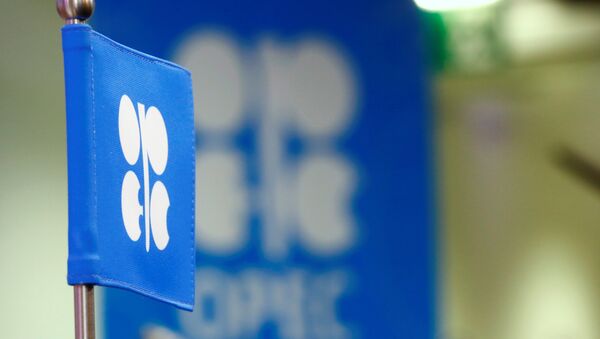"Naturally, in order to manage the market, those countries are required to shoulder more burden than others in the production cuts, and be more receptive of their responsibilities in this regard,” Zanganeh said in an interview to The Wall Street Journal.
The minister did not name particular countries but, according to the newspaper, he had in mind Saudi Arabia and its allies – Kuwait, Qatar and the United Arab Emirates – as these countries combined generate nearly half of OPEC's oil production.
OPEC reached a preliminary agreement in September, setting the oil output ceiling at 32.5-33 million barrels a day. The agreement is expected to be finalized in Vienna on Wednesday.
In July 2015, Iran signed an historic nuclear deal with the P5+1 group of mediators, comprising Russia, the United States, China, the United Kingdom, France and Germany. Under the agreement, sanctions, including embargoes on gas and oil trade, were lifted off Iran in exchange for compliance with safety guidelines on Tehran's nuclear program. The accord allowed Iran to resume its petroleum exports and implementation of a number of frozen projects in the sphere of energy.



